It’s time to build collective power to serve communities
Over the past few years, more lawmakers have begun to get serious about the collapse of the local news market and the threats it poses to civic participation and community health.
The creation of the New Jersey Civic Information Consortium, the establishment of journalism commissions in Massachusetts and Illinois, and the introduction of several bills in Congress focused on local news — chief among them the Local Journalism Sustainability Act — have created an opportunity.
We have a chance to use public policies to shape an equitable and sustainable media system. Right now, however, greedy media corporations and hedge funds — the ones that have contributed so much to the mess we’re in — hold most of the political influence.
That’s why in 2022 we need to build collective power with those leading the charge to create new models for better serving communities. These are the people shaping the future of journalism, but they don’t have a seat at the table alongside big commercial news outlets when it comes to setting policy agendas.
Recent efforts like the Rebuild Local News Coalition, the main group advocating for the Local Journalism Sustainability Act, show that journalists are hungry to take action. That’s a good thing.
The hard truth, though, is that big commercial media outlets have a stranglehold in Washington and in many state capitals, which is why any potential legislation requires their approval and a focus on maintaining the status quo. We saw this play out with the Local Journalism Sustainability Act, where large companies muscled their way into a bill that would benefit smaller community publications by providing payroll tax credits for journalists.
Any future policies to support local news could fall victim to the same political tradeoffs, unless we take a different approach. There’s a long history of journalists and communities working together to change the media system such as BIPOC communities organizing for representation on the public airwaves, the movement and legal fights to create and expand community media, and the efforts of unions and BIPOC journalist coalitions fighting for worker rights and more equitable newsrooms.
All of these struggles for media justice — many of which continue to this day — were sparked in moments when it became clear that a fundamental change was necessary.
We’re in such a moment today. While larger social movements like Black Lives Matter are forcing newsrooms to reckon with their pasts, there’s also been a shift happening over the past decade toward more community engagement and community-centered journalism. As these movements and reporting practices influence local news coverage, we need to ensure that media policy is also aligned with the new models. Only then will we be able to create the infrastructure and secure the resources necessary to ensure equitable access to news and information.
There are a lot of ideas out there, but here are a few starting points.
One, there must be an examination of and reckoning with the history of racist media policies.
Two, any policy must center the needs of communities and not the needs of the media industry. In the past (and in more recent years), we’ve seen how media policy is often used to protect news industry incumbents, uphold oppressive systems, and fail to inform the public.
Finally, we need policies that move us away from over-reliance on the advertising market. Local news is truly a public good, and requires a significant investment of public funding for local media.
There is no future for local news without innovative public policy and a huge infusion of public dollars to meet community information needs. The losses commercial media outlets have suffered will never be recouped, no amount of reader revenue will give newsrooms the resources they need, and funders alone can’t fill the gaps.
For new models to thrive, we need to organize multi-stakeholder, people-powered coalitions at the local, state, and national levels to win public policies that will create and sustain informed and equitable communities. That’s why Free Press is launching the Media Power Collaborative, an organizing space for journalists, academics, organizers, and all those who are committed to better serving community information needs. If you want to learn how media policy affects you and your community — and what you can do to help shape policy — we hope you’ll participate.
The leadership we’ve seen from so many in the field has built an incredible network of people committed to practicing journalism in new ways. Now it’s time to activate this base and win transformative policy change.
Mike Rispoli is senior director of journalism policy at Free Press.
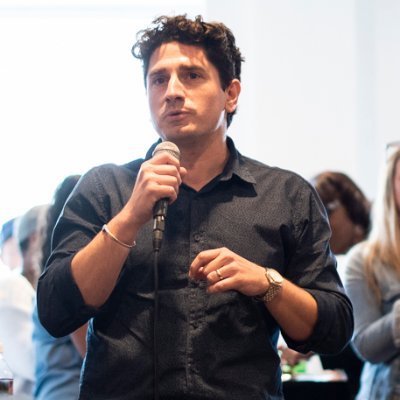
Over the past few years, more lawmakers have begun to get serious about the collapse of the local news market and the threats it poses to civic participation and community health.
The creation of the New Jersey Civic Information Consortium, the establishment of journalism commissions in Massachusetts and Illinois, and the introduction of several bills in Congress focused on local news — chief among them the Local Journalism Sustainability Act — have created an opportunity.
We have a chance to use public policies to shape an equitable and sustainable media system. Right now, however, greedy media corporations and hedge funds — the ones that have contributed so much to the mess we’re in — hold most of the political influence.
That’s why in 2022 we need to build collective power with those leading the charge to create new models for better serving communities. These are the people shaping the future of journalism, but they don’t have a seat at the table alongside big commercial news outlets when it comes to setting policy agendas.
Recent efforts like the Rebuild Local News Coalition, the main group advocating for the Local Journalism Sustainability Act, show that journalists are hungry to take action. That’s a good thing.
The hard truth, though, is that big commercial media outlets have a stranglehold in Washington and in many state capitals, which is why any potential legislation requires their approval and a focus on maintaining the status quo. We saw this play out with the Local Journalism Sustainability Act, where large companies muscled their way into a bill that would benefit smaller community publications by providing payroll tax credits for journalists.
Any future policies to support local news could fall victim to the same political tradeoffs, unless we take a different approach. There’s a long history of journalists and communities working together to change the media system such as BIPOC communities organizing for representation on the public airwaves, the movement and legal fights to create and expand community media, and the efforts of unions and BIPOC journalist coalitions fighting for worker rights and more equitable newsrooms.
All of these struggles for media justice — many of which continue to this day — were sparked in moments when it became clear that a fundamental change was necessary.
We’re in such a moment today. While larger social movements like Black Lives Matter are forcing newsrooms to reckon with their pasts, there’s also been a shift happening over the past decade toward more community engagement and community-centered journalism. As these movements and reporting practices influence local news coverage, we need to ensure that media policy is also aligned with the new models. Only then will we be able to create the infrastructure and secure the resources necessary to ensure equitable access to news and information.
There are a lot of ideas out there, but here are a few starting points.
One, there must be an examination of and reckoning with the history of racist media policies.
Two, any policy must center the needs of communities and not the needs of the media industry. In the past (and in more recent years), we’ve seen how media policy is often used to protect news industry incumbents, uphold oppressive systems, and fail to inform the public.
Finally, we need policies that move us away from over-reliance on the advertising market. Local news is truly a public good, and requires a significant investment of public funding for local media.
There is no future for local news without innovative public policy and a huge infusion of public dollars to meet community information needs. The losses commercial media outlets have suffered will never be recouped, no amount of reader revenue will give newsrooms the resources they need, and funders alone can’t fill the gaps.
For new models to thrive, we need to organize multi-stakeholder, people-powered coalitions at the local, state, and national levels to win public policies that will create and sustain informed and equitable communities. That’s why Free Press is launching the Media Power Collaborative, an organizing space for journalists, academics, organizers, and all those who are committed to better serving community information needs. If you want to learn how media policy affects you and your community — and what you can do to help shape policy — we hope you’ll participate.
The leadership we’ve seen from so many in the field has built an incredible network of people committed to practicing journalism in new ways. Now it’s time to activate this base and win transformative policy change.
Mike Rispoli is senior director of journalism policy at Free Press.
Melody Kramer

Kristen Jeffers
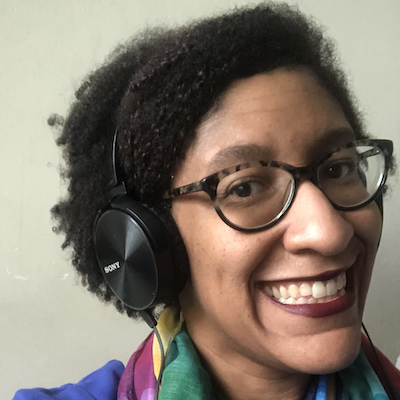
Simon Allison

Stefanie Murray

Joni Deutsch

Amy Schmitz Weiss
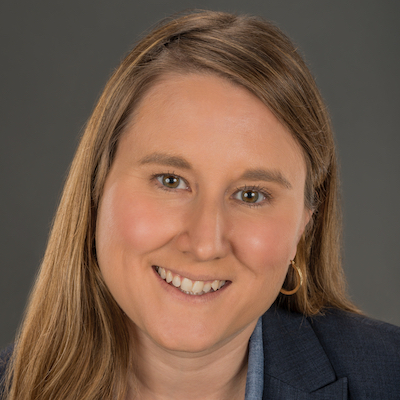
Joanne McNeil

Whitney Phillips

Doris Truong

Julia Munslow

Candace Amos
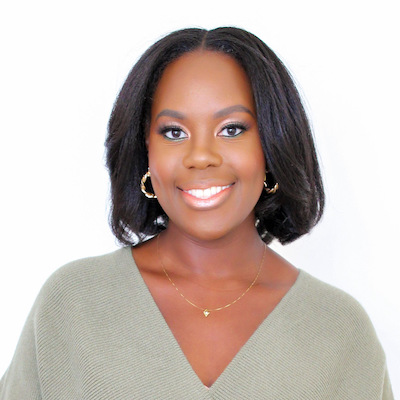
Rasmus Kleis Nielsen

Simon Galperin

Mary Walter-Brown

Joe Amditis

Chase Davis

Tony Baranowski

Eric Nuzum

James Green

Natalia Viana

Mandy Jenkins

Sarah Stonbely

Kristen Muller
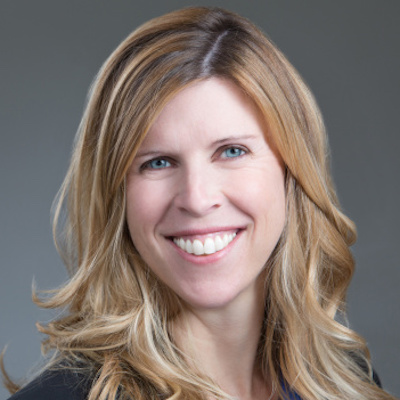
Alice Antheaume

Michael W. Wagner

Larry Ryckman

Ståle Grut

S. Mitra Kalita

Rachel Glickhouse

Christina Shih

A.J. Bauer

Zizi Papacharissi

Kendra Pierre-Louis

Errin Haines

Raney Aronson-Rath
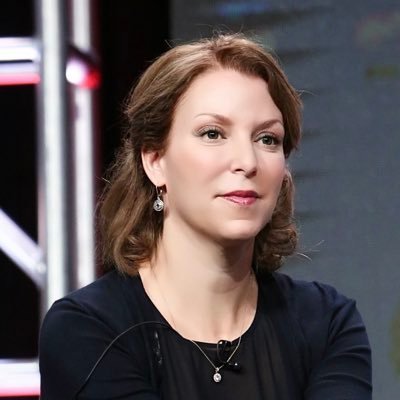
Jennifer Coogan

David Cohn

Anthony Nadler

Christoph Mergerson
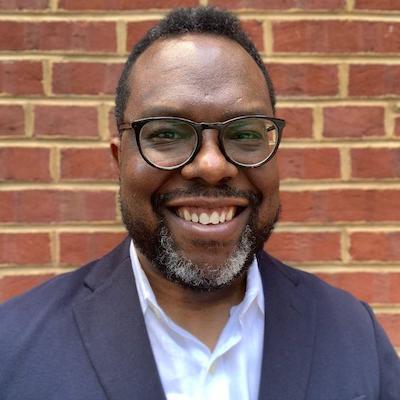
Millie Tran

Brian Moritz

John Davidow

Wilson Liévano
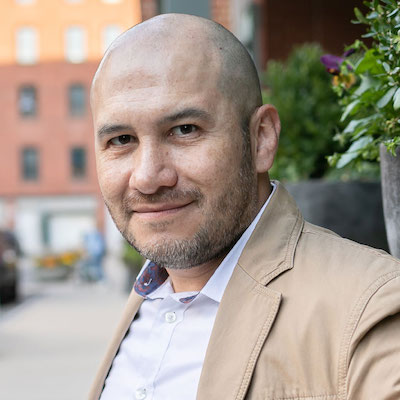
Matthew Pressman

Kathleen Searles Rebekah Trumble

Robert Hernandez
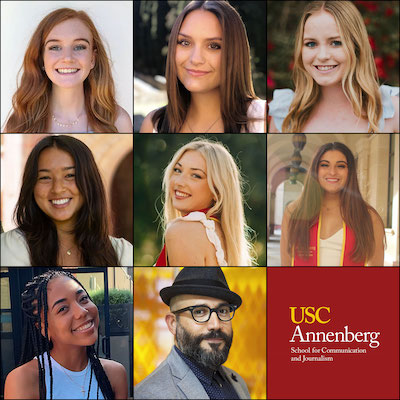
Joshua P. Darr

Shalabh Upadhyay
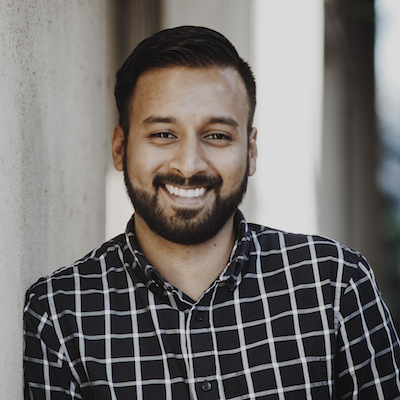
Gabe Schneider
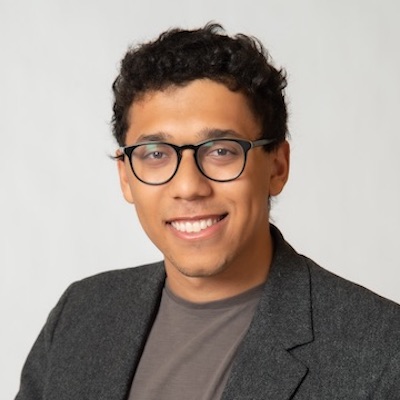
Matt DeRienzo

Daniel Eilemberg

Ariel Zirulnick

Anita Varma

Cindy Royal

Izabella Kaminska

Burt Herman
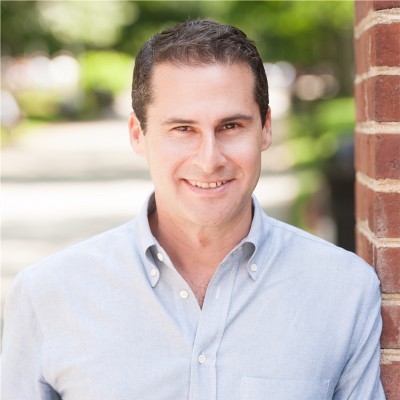
Megan McCarthy

Jessica Clark

Amara Aguilar

Don Day

Kerri Hoffman
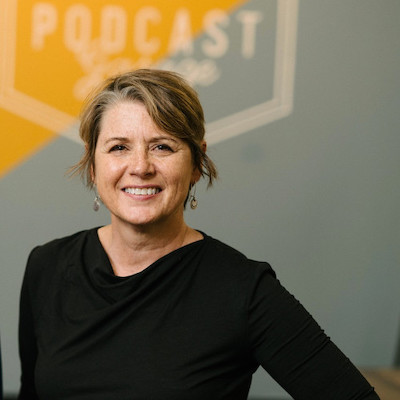
Jennifer Brandel

Moreno Cruz Osório

David Skok
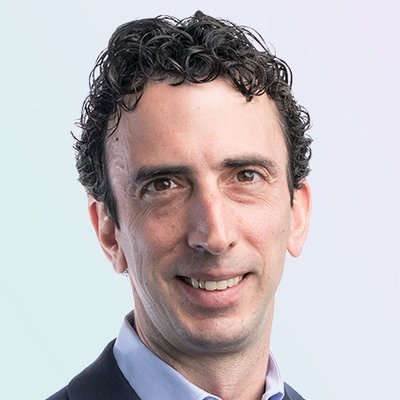
Jesse Holcomb

Francesco Zaffarano
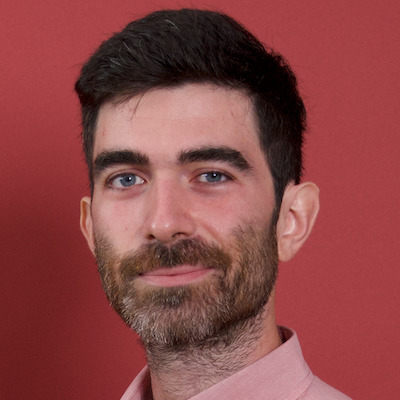
AX Mina

Anika Anand

Gonzalo del Peon

Chicas Poderosas

Joy Mayer

Mike Rispoli

j. Siguru Wahutu
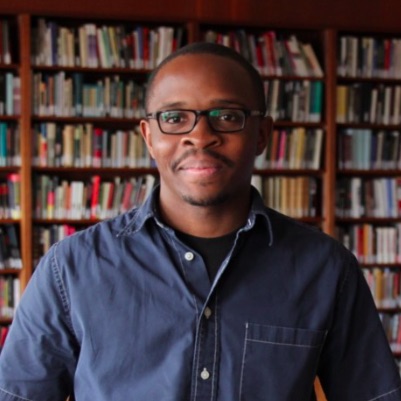
Cristina Tardáguila

Nik Usher

Tamar Charney

James Salanga

Tom Trewinnard

Cherian George
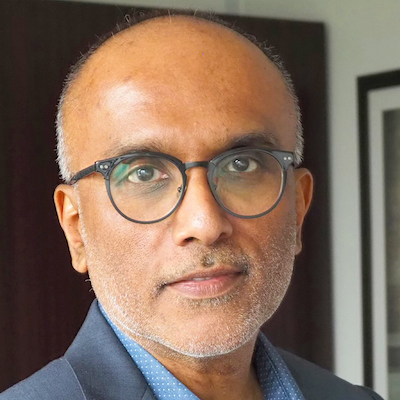
Matt Karolian

Julia Angwin

Richard Tofel

Andrew Freedman

Paul Cheung

Jonas Kaiser

Sarah Marshall

Victor Pickard

Mario García
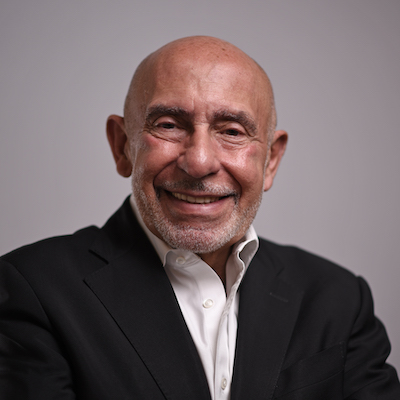
Gordon Crovitz

Stephen Fowler

Laxmi Parthasarathy
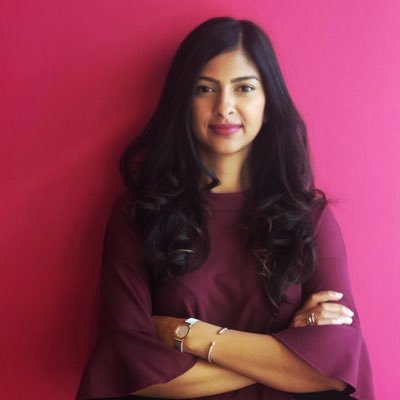
Jim Friedlich

Meena Thiruvengadam
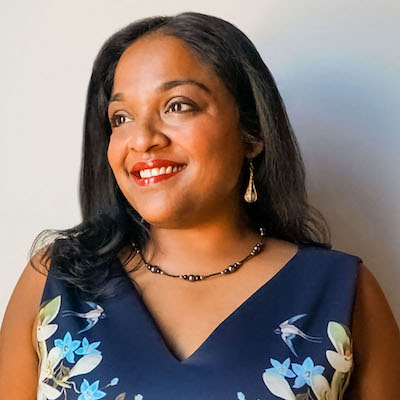
Shannon McGregor Carolyn Schmitt

Juleyka Lantigua

Jesenia De Moya Correa
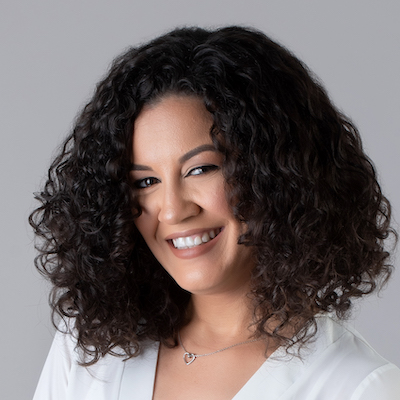
Catalina Albeanu

Parker Molloy

Sam Guzik

Jody Brannon
